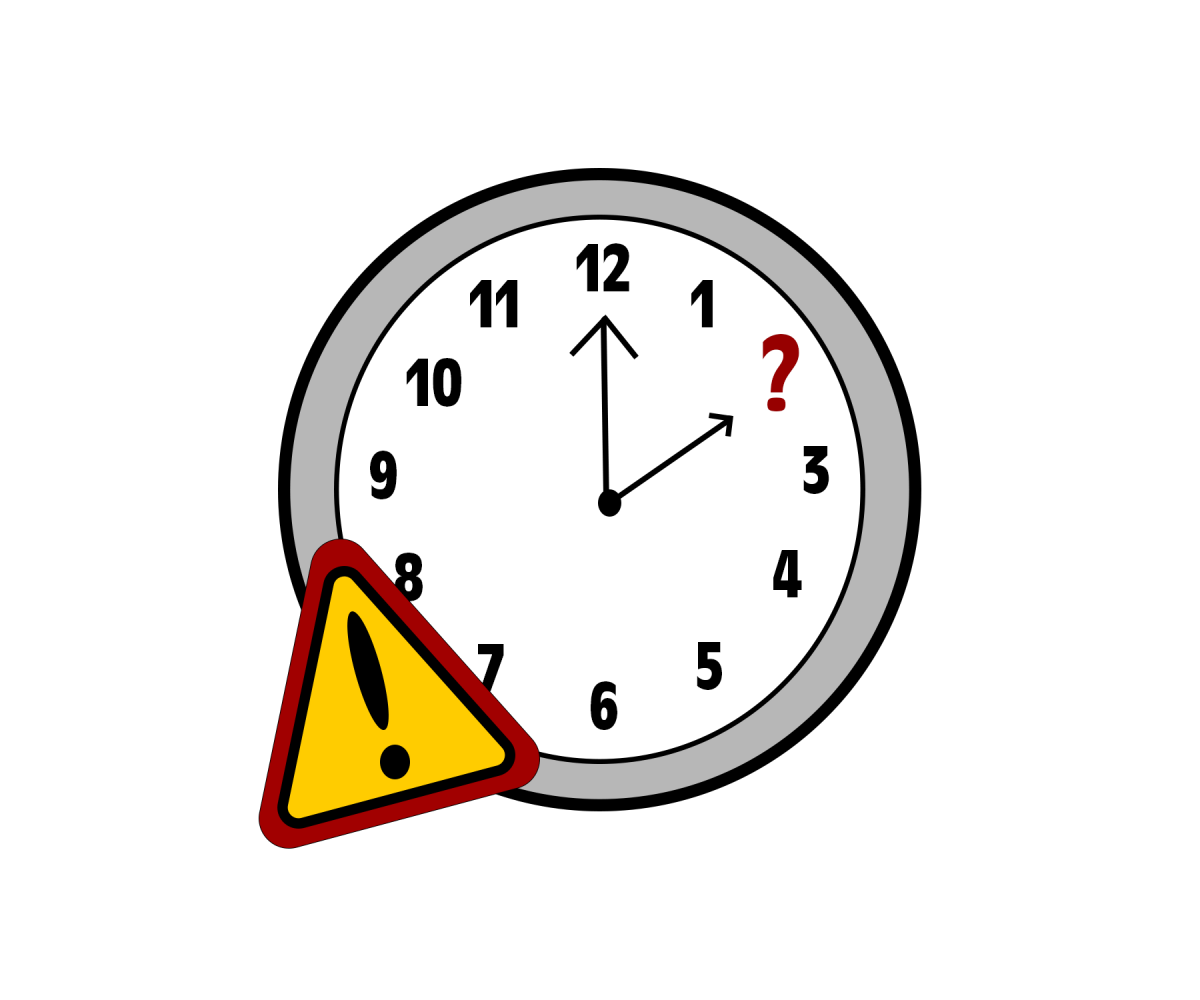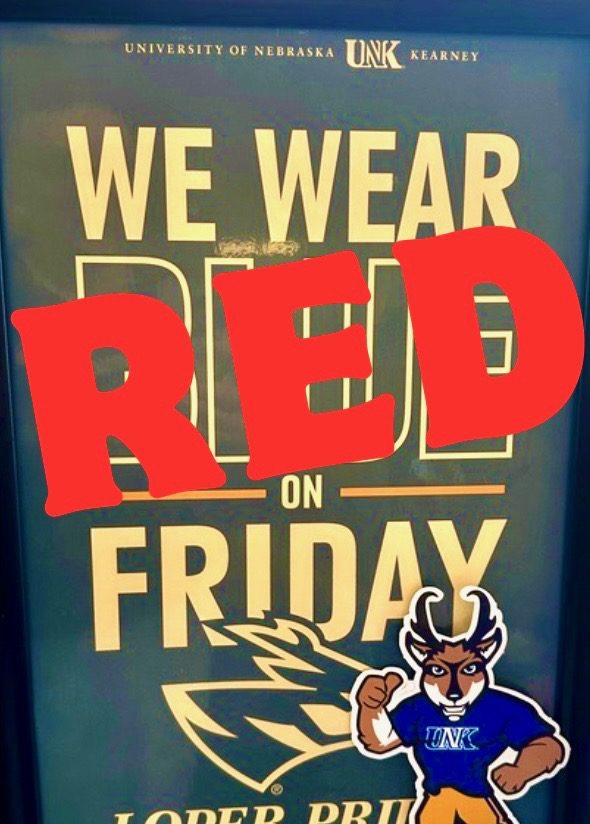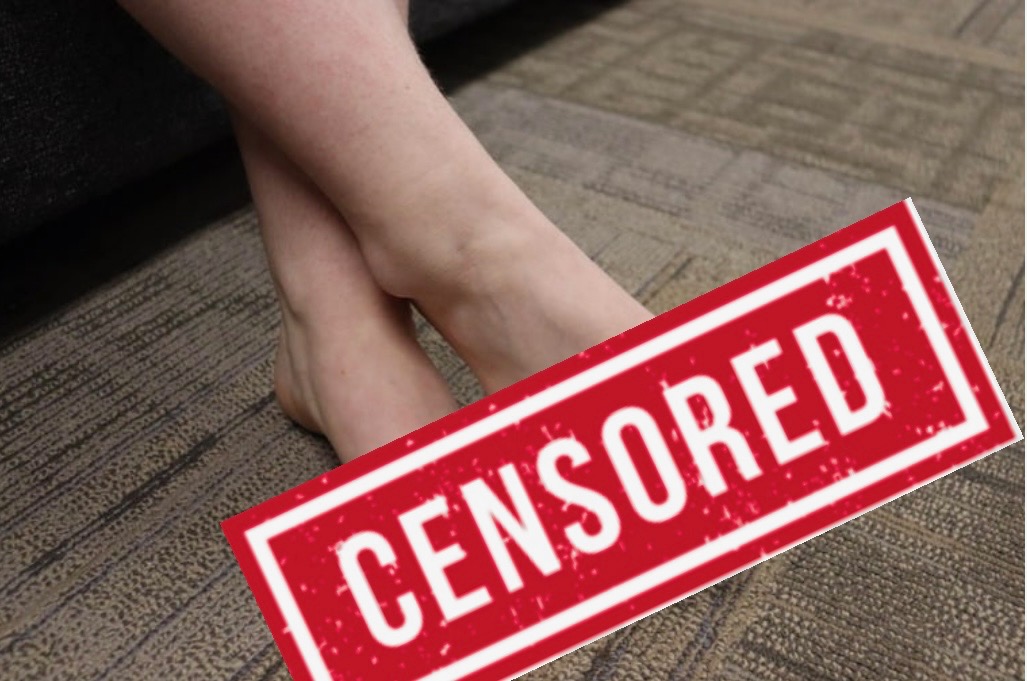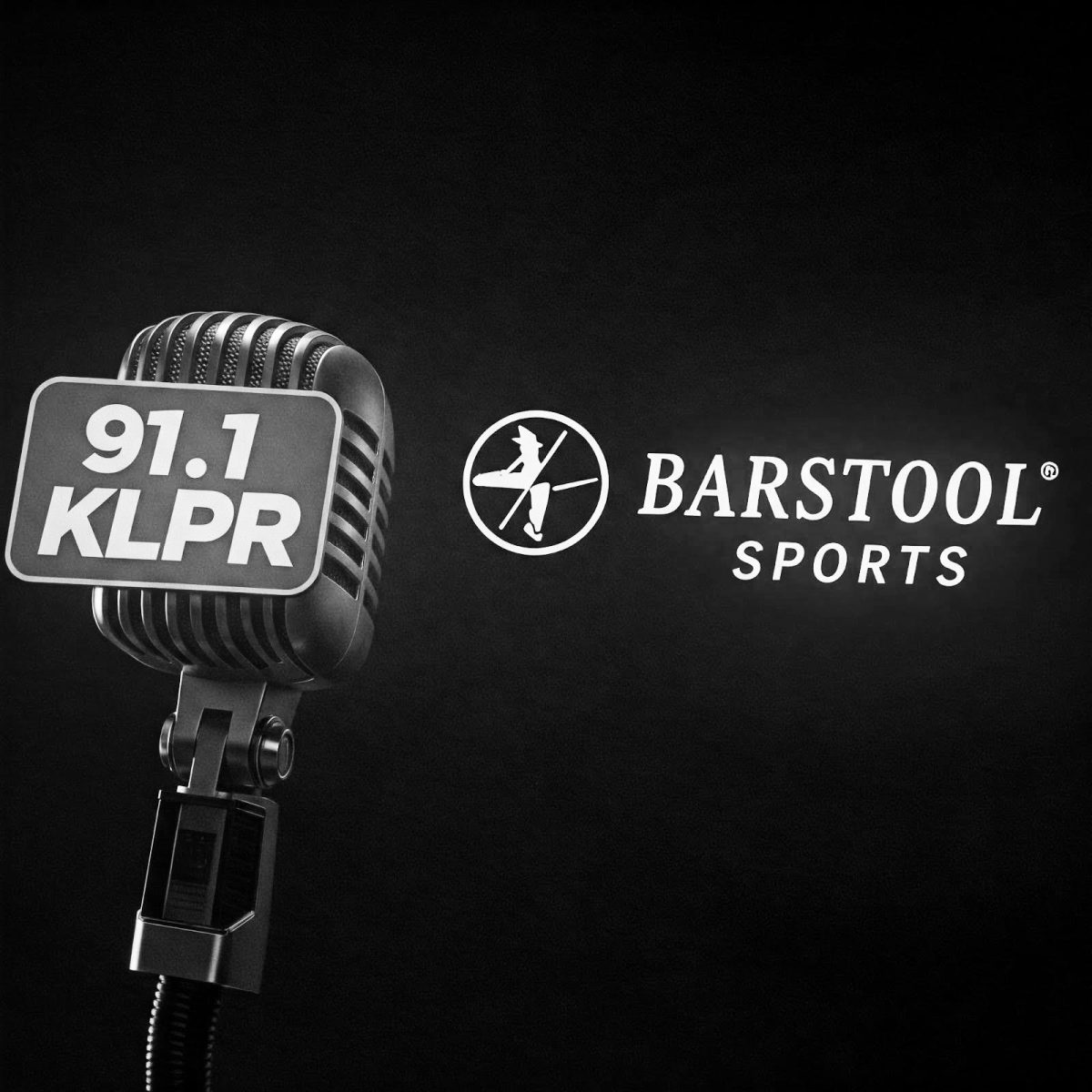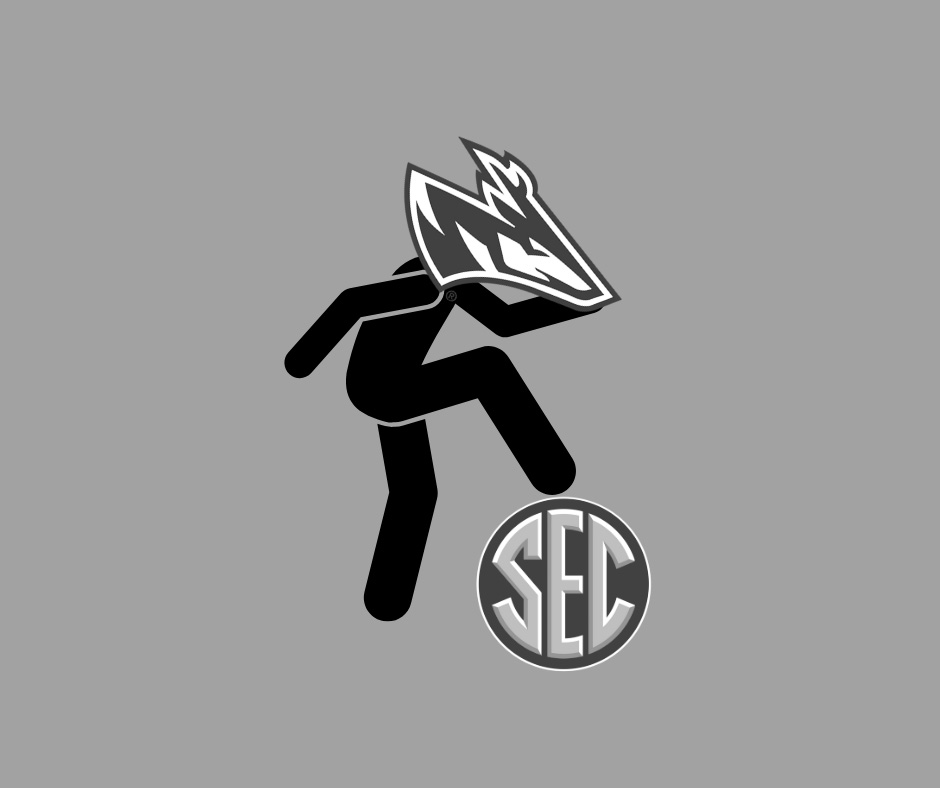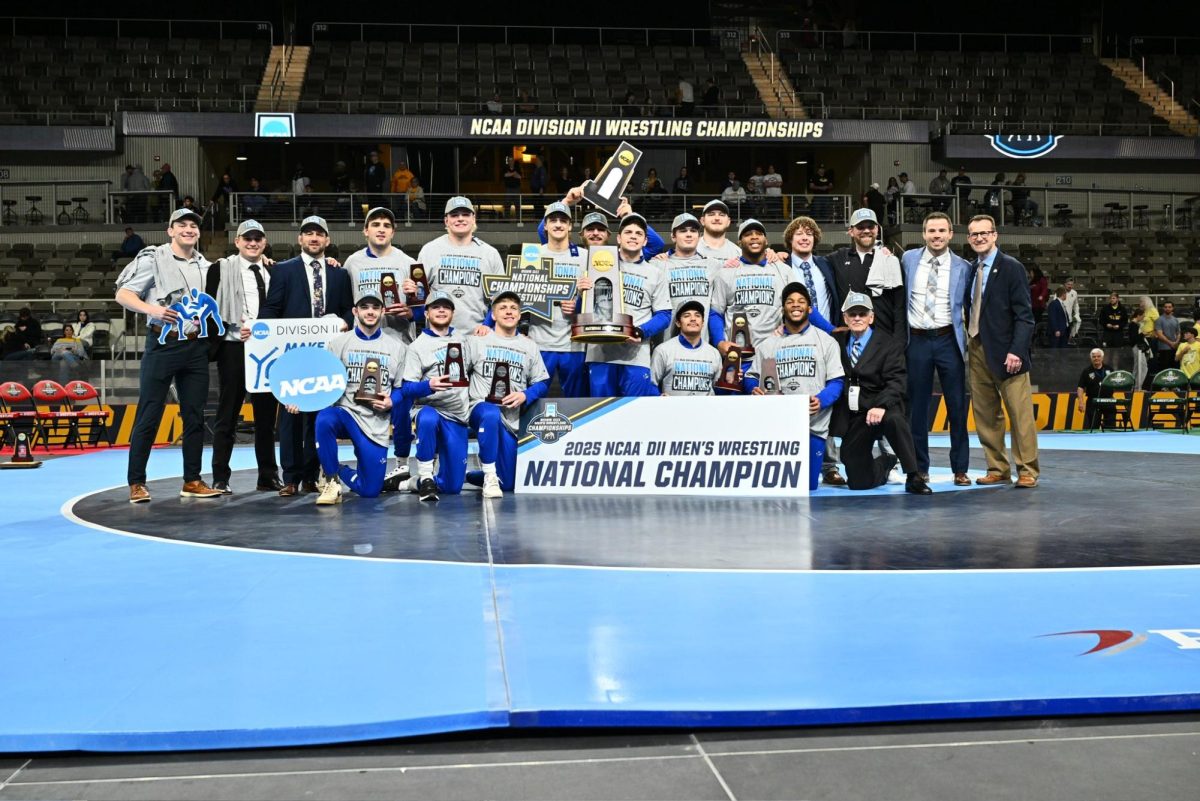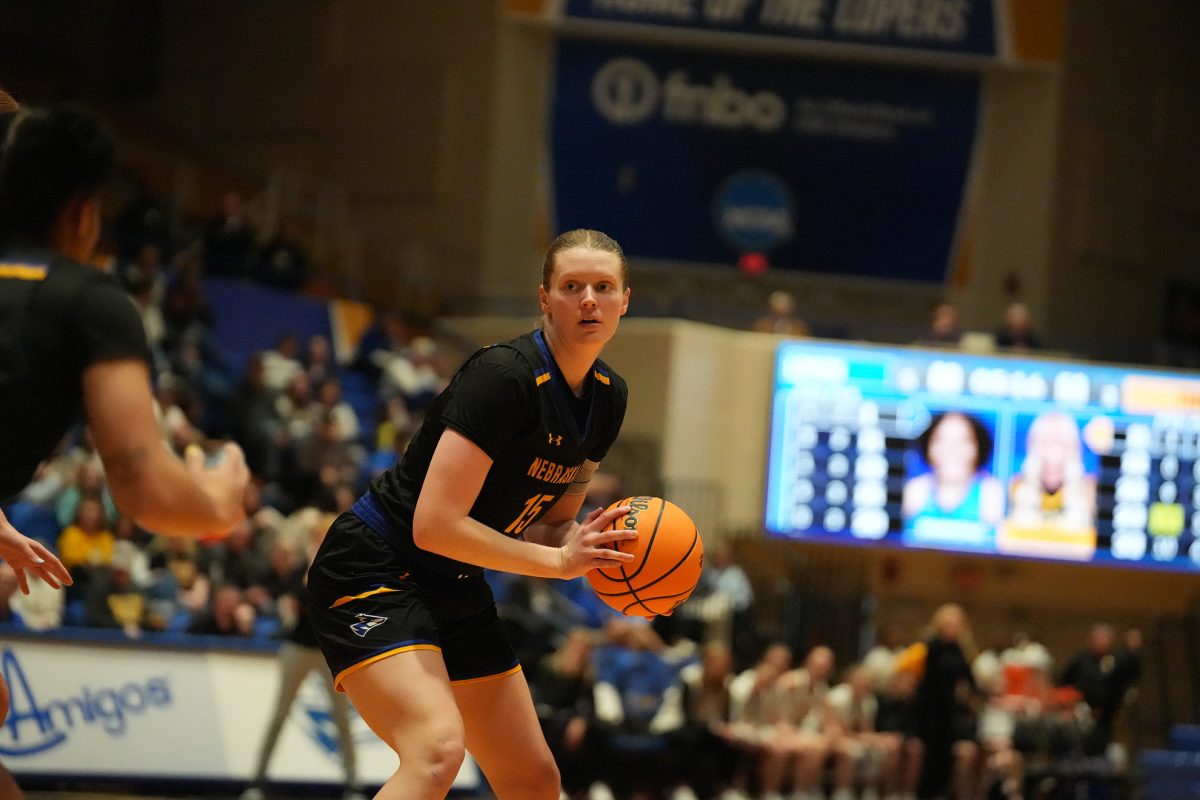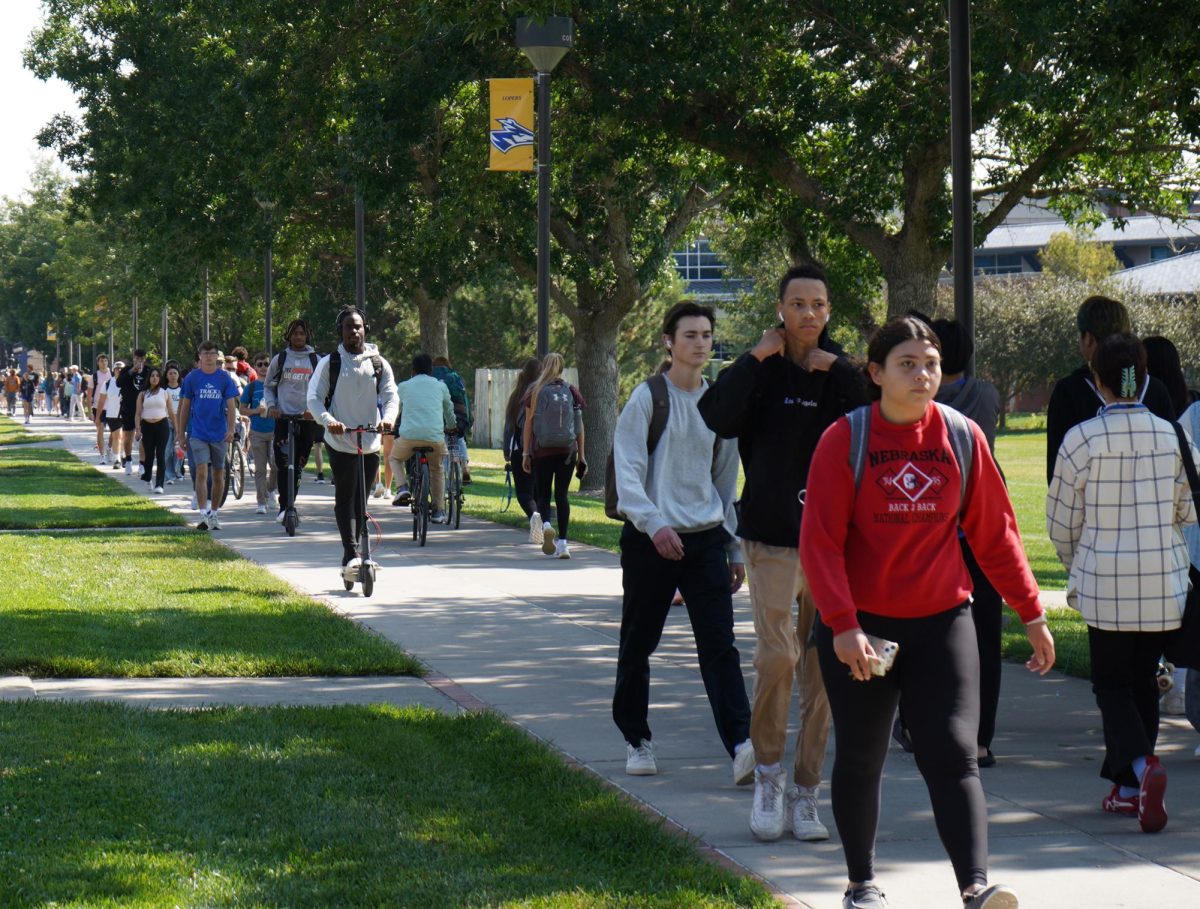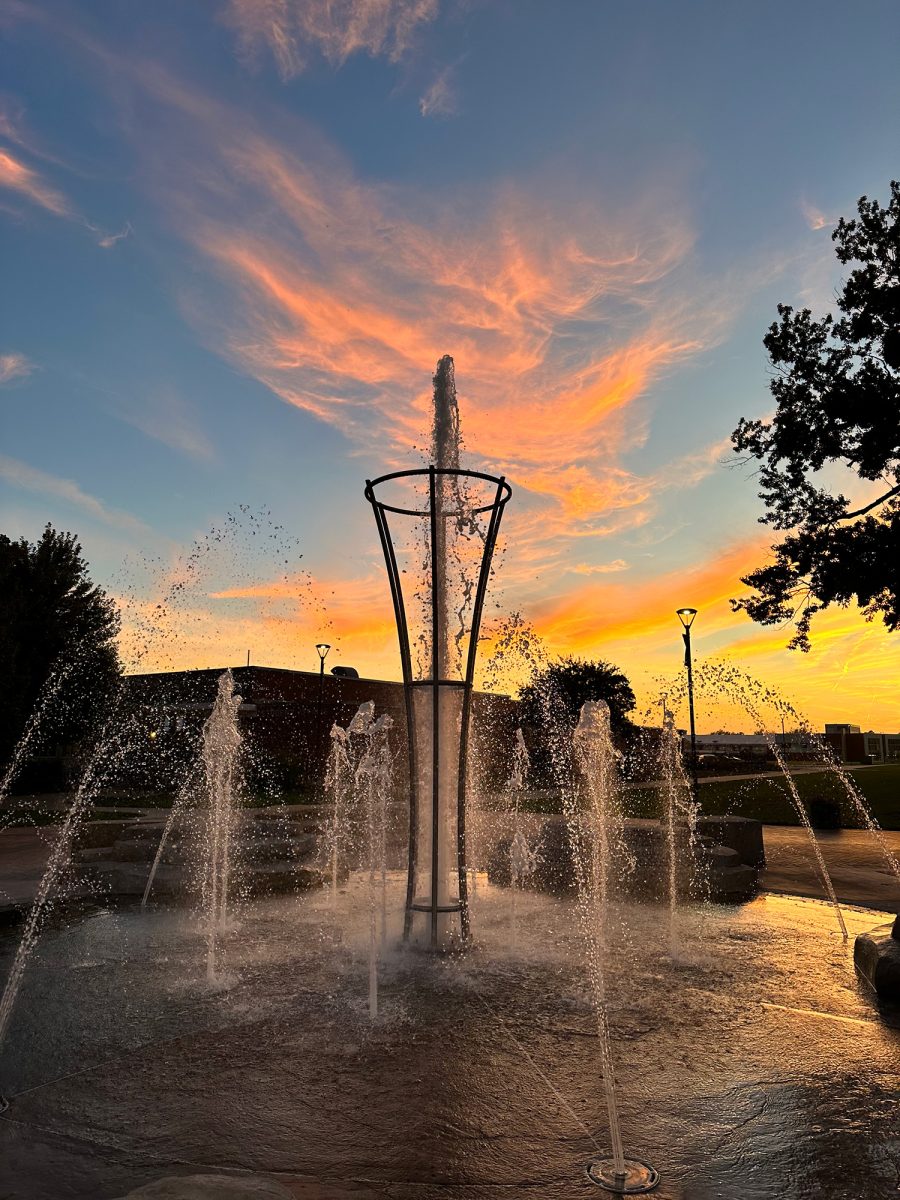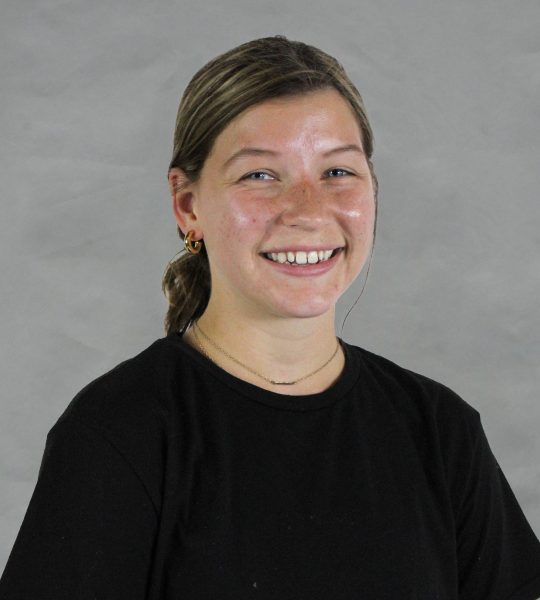UNK’s undergraduate enrollment for fall 2023 dropped 1.1% or 45 students from last year to 4,224. Freshman enrollment increased by 5.4%.
UNK administration anticipated the increase in first-time freshmen.
“We knew coming into the fall that we were going to be seeing an increase in first-time freshmen,” said Kelly Bartling, vice chancellor of enrollment management. “We’re able to track that throughout the year.”
According to a UNK press release, graduate enrollment increased 21% from last year, putting graduate enrollment at 1,793 students.
Official total enrollment for UNK shows a slight decrease from fall 2022 of 0.4 % for a total of 6,017 students for the fall of 2023, 24 less than last year.
The increase in first-time freshmen has created limited space for on-campus residents.
“I think some students will notice that there are fewer places to park and that’s not only a function of building on some parking lots, it’s that our residence halls are fuller than they have been in the past,” Bartling said. “There are more students staying in the residence halls, which increases the demand for parking.”
While parking is a negative aspect of increased first-time freshmen enrollment, there is a positive impact on students.
“The positive that I think students will appreciate is the diversity of people that we have and the wide range of backgrounds that they come from,” Bartling said.
The number of Hispanic students also increased to the highest it’s ever been at 759.
Bartling said the demographic trend for Hispanics in Nebraska is growing and the “ability to engage and connect with and foster relationships with Spanish-speaking families is really important.”
There has also been an increase in health and health profession majors among freshmen.
“We have a large number of students interested in health science, which is great because we just broke ground on a new rural health building that’s going to change the landscape of rural health for Nebraska and the country,” said Jodi Holt, director of admissions.
Admissions face future declines in enrollment due to fewer students graduating high school. Birth rates in the U.S. dropped considerably in 2008 during the Great Recession and have not bounced back.
“We’ve known there will be an enrollment cliff,” Holt said. “We knew that high school graduation numbers were on the decline.”
Bartling said the decrease in the number of traditional students, high school graduates that come directly to college, will affect future enrollment.
“Nebraska is not really growing in population like the rest of the country is and we’re heavily reliant on Nebraska for our student population,” Bartling said.
Retention also plays a role in keeping enrollment numbers up.
“Another part of enrollment that people overlook is retention,” Bartling said. “We can recruit a lot of students, but if they don’t stay here, they drop out or they transfer. That’s not good either.”
Bartling said staff is planning to put more resources into student success than in previous years to hopefully maintain and increase enrollment.


